Tom Hicks and George Gillett had run Liverpool to the brink of administration and the arrival of Fenway Sports Group would set the club back on its rightful path.
It was a chaotic nightmare for Liverpool amid Hicks and Gillett’s reign, one which had the Reds at the cusp of a financial meltdown.
‘Built by Shanks, Broke by Yanks’ was aptly etched onto a banner in the Kop as the American duo drove the club to its knees.
Upon their arrival in 2007, they had announced that “we’re not here to milk the fans” and to expect a shovel in the ground in Stanley Park inside 60 days after vowing to build a new stadium for the 2009/10 season.
They were nothing but empty promises and lies, and a cloud of uncertainty would soon descend on Anfield and turn into anger.
The club was loaded with debt after they had taken out a loan of £300 million to buy the club, and the pair made Liverpool a laughing stock, with football taking a backseat to their boardroom squabbles and inability to run the football club.
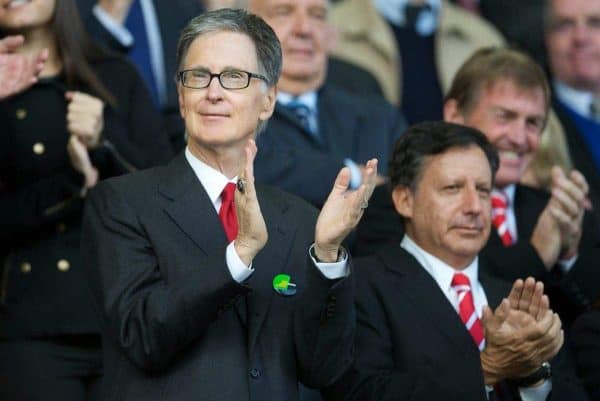
A court battle would ensue in 2010, with a number of failed legal challenges to follow which saw them earn the title of “untrustworthy” by a High Court judge.
Fenway Sports Group, then known as New England Sports Ventures, were the group pushing for a deal to take over Liverpool.
They succeeded in the High Court on October 15, 2010, purchasing the club for £300 million in a deal which would prove to be key in awakening what was then a sleeping giant.
Hicks, of course, had one last push for a spot in the limelight as he labelled the purchase price as an “epic swindle.”
And while there was justifiable relief at seeing the back of Hicks and Gillett, trepidation remained in the infancy of FSG’s tenure as caution and fear met their every move.
“FSG Out” was a regularly heard phrase in their early years, especially across social media, as their limited budget in the transfer window and their transfer dealings as a whole received criticism.
They made more than a few mistakes, tickets prices being one of them, but just seven months short of their 10th anniversary as the club’s owners and they have transformed what was a club in disarray into the world’s best team.
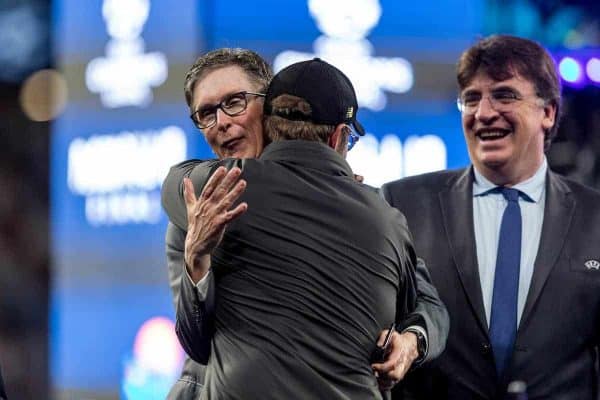
The recruitment of Jurgen Klopp, the prowess of sporting director Michael Edwards and the low-profile work conducted by club director Michael Gordon in addition to the rest of the backroom staff have transformed the club from top to bottom.
The hierarchy, the manager, the players and the fans are all united as one under a common direction and goal, whereby the Reds are climbing the mountain in their own way.
Klopp has been tied down to a long-term deal until 2024, while key players such as Andy Robertson, Trent Alexander-Arnold, Alisson, Joe Gomez, Mohamed Salah, Virgil van Dijk, Roberto Firmino, Jordan Henderson and Sadio Mane are contracted until at least 2023.
A second-place finish in the Premier League in 2018/19 was followed by securing the club’s sixth European Cup and a 19th league title is on its way after a remarkable 2019/20 campaign.
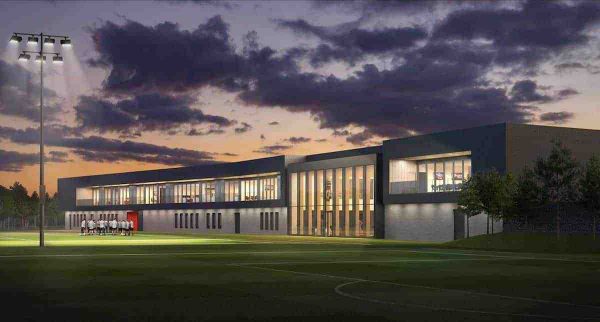
And while the Reds are firing on all cylinders on the field, they have similarly become a powerhouse off it as well.
Anfield continues to be redeveloped, a brand-new £50 million facility in Kirkby opens in the summer and a lucrative deal with Nike has been secured, among other off-field ventures.
From a £300 million purchase to the club now being valued around the £2 billion mark nearly 10 years later, where the Reds’ revenue in 2018/19 was £533m, FSG have steered the ship back to its rightful place.
To starting the decade in a time of financial instability to ending it as a club setting the benchmark is nothing short of remarkable, and there is no doubting FSG’s arrival in 2010 proved to be a decisive moment in the history of Liverpool Football Club.
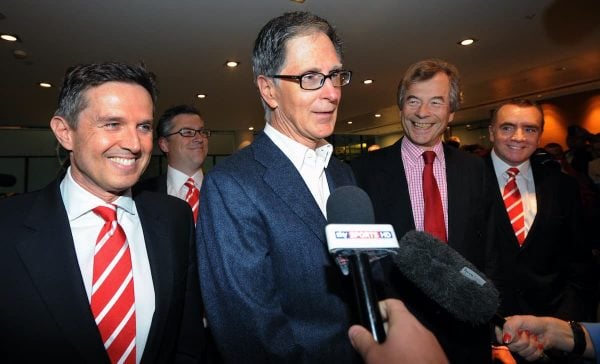
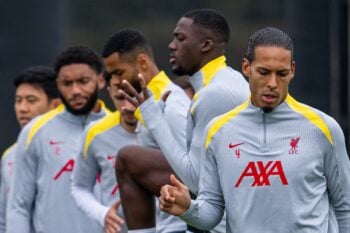
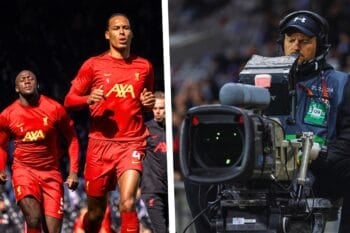

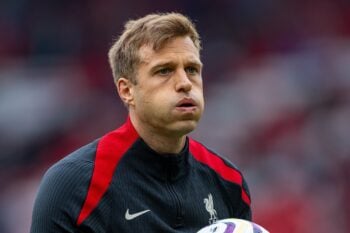
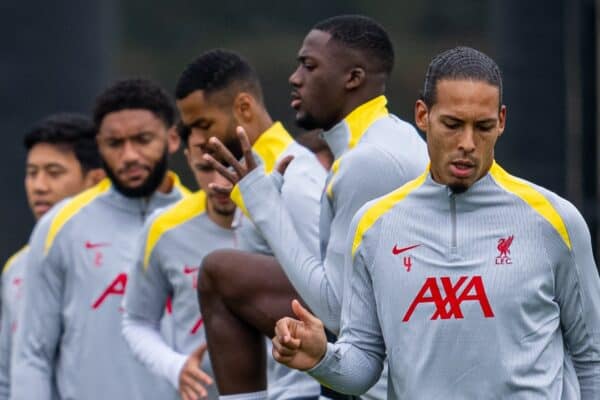
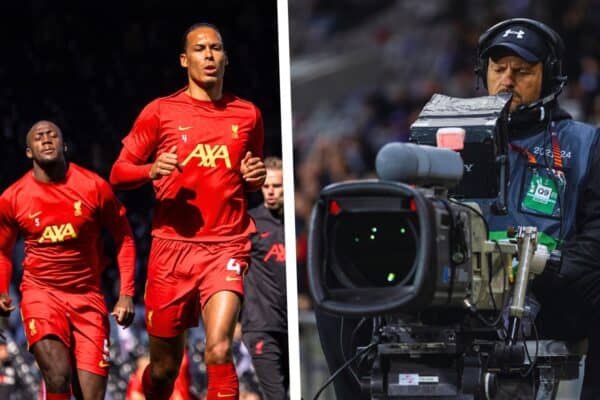
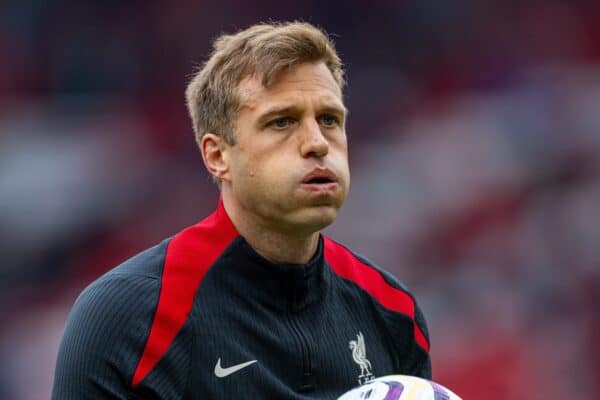


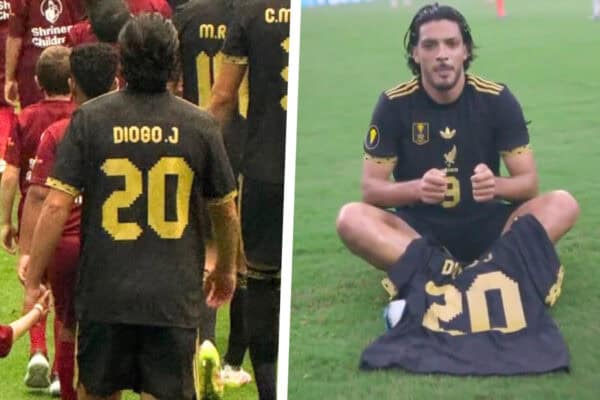
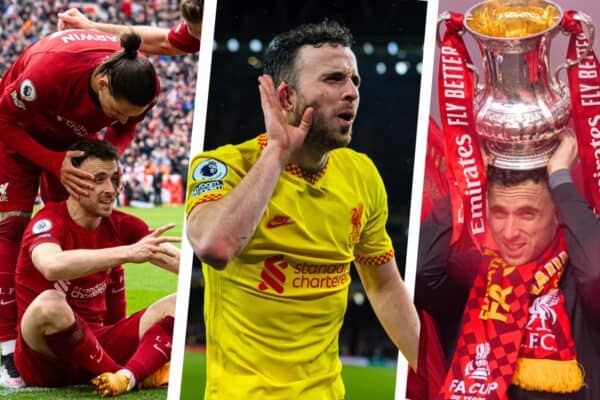
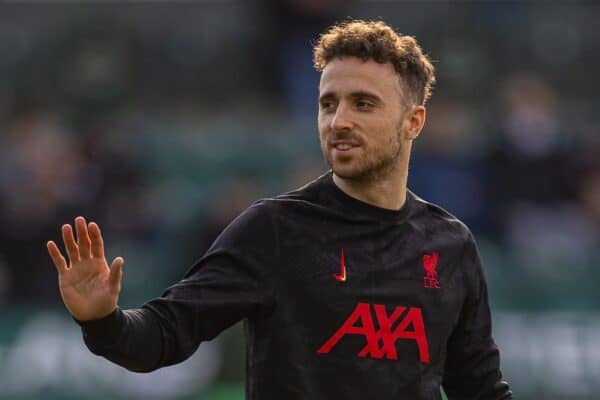



Fan Comments